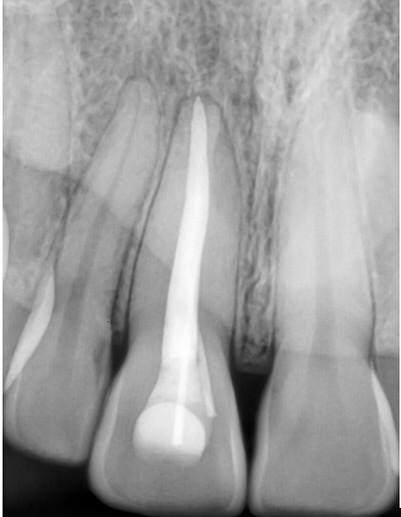Root Canal
 What is Root Canal?
What is Root Canal?

Root canal treatment (endodontics) is a dental procedure used to treat infection at the center of a tooth.
Root canal treatment is not painful and can save a tooth that might otherwise have to be removed completely.
Why it’s needed
The infection at the center of a tooth (the root canal) is caused by bacteria that live in the mouth and invade the tooth.
This can happen after:
- tooth decay
- leaky fillings
- damage to teeth as a result of trauma, such as a fall
When root canal treatment is needed
Root canal treatment is only required when dental X-rays show that the pulp has been damaged by a bacterial infection.
The pulp will begin to die if it’s infected by bacteria, allowing the bacteria to then multiply and spread.
The symptoms of a pulp infection include:
- pain when eating or drinking hot or cold food and drink
- pain when biting or chewing
- a loose tooth
As the infection progresses, these symptoms often disappear as the pulp dies.
Your tooth then appears to have healed, but the infection has in fact spread through the root canal system.
You eventually get further symptoms such as:
- Pain when biting or chewing returning
- Swelling of the gum near the affected tooth
- Pus oozing from the affected tooth
- Facial swelling
- the tooth becoming a darker colour
- It’s important to see your dentist if you develop toothache. If your tooth is infected, the pulp cannot heal by itself.
Leaving the infected tooth in your mouth may make it worse.
There may also be less chance of the root canal treatment working if the infection within your tooth becomes established.
Antibiotics, a medicine to treat bacterial infections, are not effective in treating root canal infections.

